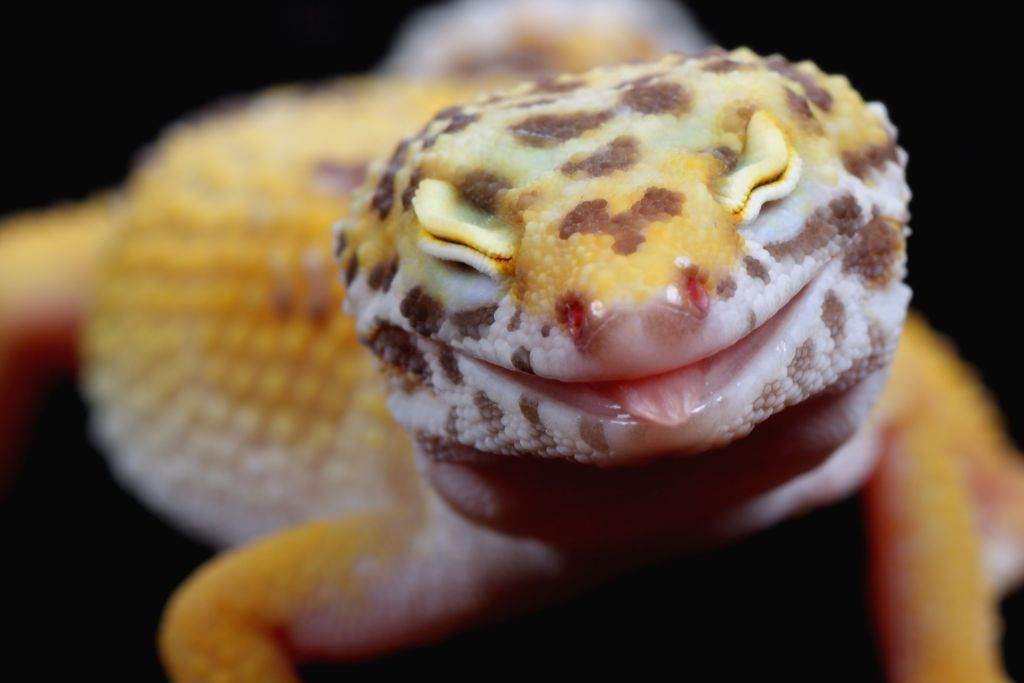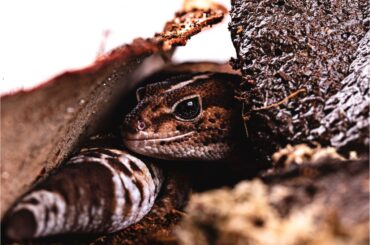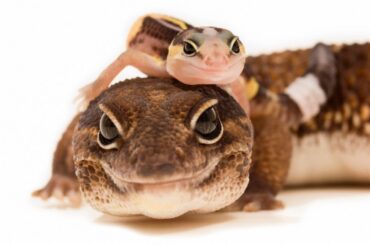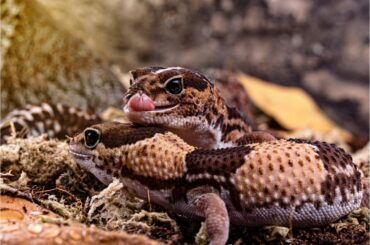Do you own a leopard gecko, or consider getting one as a pet? Are you aware of common health problems that these fascinating creatures might face? Have you encountered the term “mouth rot” related to leopard geckos? If not, prepare to learn something crucial for keeping your pet happy and healthy.
Leopard geckos are popular pets, but they may face health issues, like many animals. You must address these issues promptly. Mouth rot stands out as one of these problems, occurring more often in leopard geckos than you may realize.
An urgent response is necessary for the treatment of mouth rot, a painful infection of the mouth. Leaving it untreated can create serious health challenges for your gecko. Spot the signs early, and you can ensure proper care to keep your pet feeling its best!
What is Mouth Rot in Leopard Geckos?
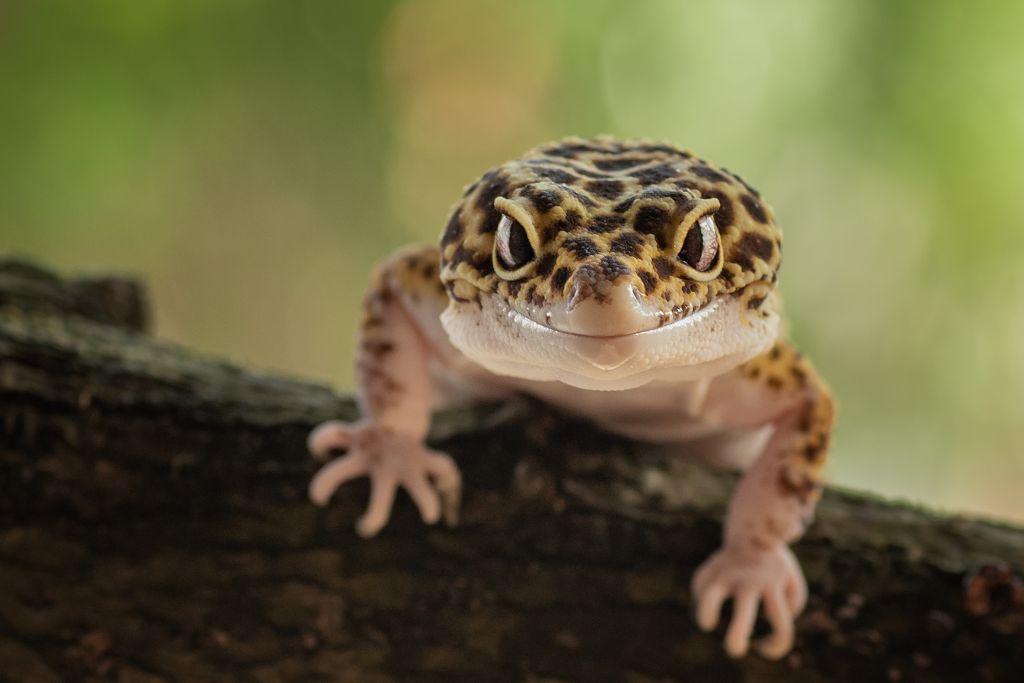
Stomatitis, or mouth rot, is a bacterial infection that afflicts leopard geckos, turning their mouths and gums red and swollen. You might even notice a cheesy substance in their mouth. This severe issue can cause your pet significant discomfort.
The importance of detecting mouth rot quickly cannot be overstated. If you catch it soon enough, you can halt the infection with the proper treatment. Delaying care might spread the disease through your gecko’s body, leading to even more severe illness.
Your gecko’s health depends on you. Watch its mouth closely; if you detect any infection signs, consult a vet immediately. Your quick action will help your pet recover quickly and maintain good health.
Symptoms of Mouth Rot in Leopard Gecko
Are you aware of how to recognize mouth rot in a leopard gecko? Grasping the symptoms is vital in diagnosing this infection promptly. Here’s what you need to watch for:
- Red or Swollen Gums: The gums may look inflamed and feel tender.
- Cheesy Substance in the Mouth: You might notice a white or yellowish material inside the mouth.
- Loss of Appetite: Your gecko may eat less or stop eating altogether.
- Difficulty Closing the Mouth: The mouth may remain slightly open, and your gecko might have trouble closing it.
Diagnosing Mouth Rot
How do you find out if your leopard gecko has mouth rot? It’s not something you can easily do by yourself at home. Diagnosing this condition needs special care and knowledge. Here’s how experts analyze mouth rot:
- Visit a Reptile Veterinarian: A vet who knows about reptiles will have the right tools and knowledge to spot mouth rot.
- Examine the Mouth: The vet will carefully look inside your gecko’s mouth for signs of infection.
- Run Tests if Needed: Sometimes, the vet may take a sample to study under a microscope or run other tests.
Leopard Gecko Mouth Rot Treatment
What comes next once the vet figures out your gecko has mouth rot? Treatment is needed to help your pet get better. Here are the typical steps for treating mouth rot:
- Antibiotics: The vet may give you a special medicine to kill the bacteria.
- Topical Treatments: Creams or ointments might be applied to the infected area.
- Supportive Care: Extra help might be necessary, like feeding or keeping your gecko warm.
Preventing Mouth Rot
You can best prevent mouth rot by keeping your leopard gecko healthy. But what’s the right way? Here are some helpful tips:
- Proper Enclosure Setup: Make sure your gecko’s home is clean and has everything it needs.
- Good Hygiene: Keep the cage and your hands clean to stop germs from spreading.
- Healthy Diet: Feed your gecko the right food to keep it strong and happy.
- Reduce Stress: Handle your gecko gently and ensure it’s not scared or stressed.
Common Misconceptions About Mouth Rot
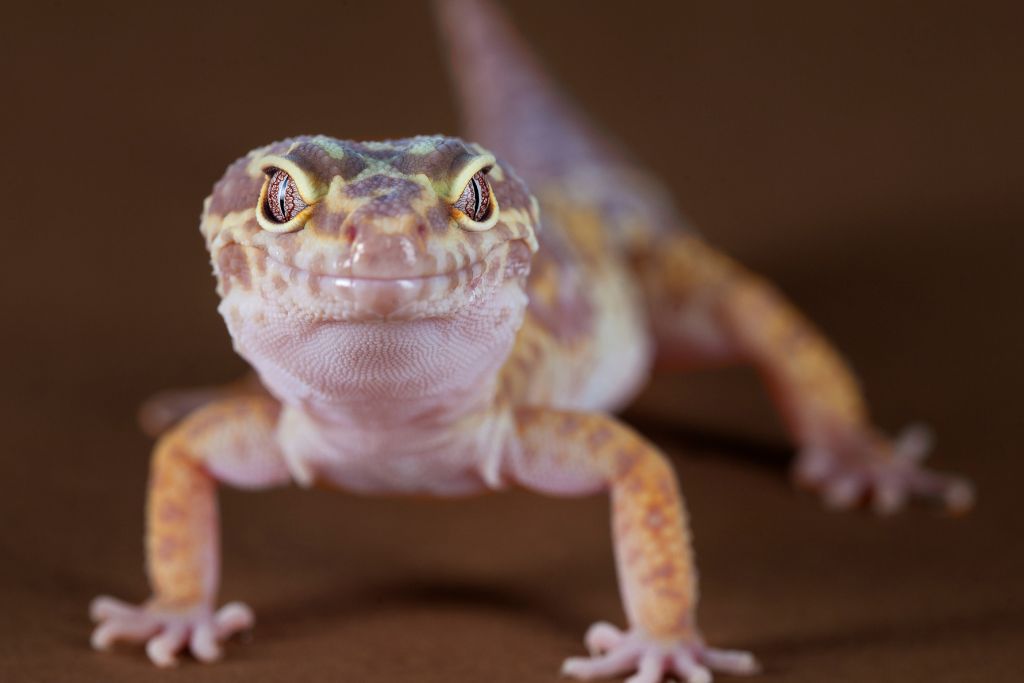
Some think mouth rot in leopard geckos isn’t a big deal or can be fixed with home remedies. That’s a big misconception! Mouth rot is a severe infection that needs professional care. Treating it yourself with oils or creams you have at home might make it worse. The best way to handle mouth rot is to take your gecko to a vet who knows about reptiles. They have the right tools and medicine to help your pet get better.
Another common myth is that mouth rot only happens if you’re a terrible pet owner. This isn’t true at all! Mouth rot can still occur, even if you take excellent care of your gecko. Tiny cuts or injuries can allow bacteria to enter the mouth. Your best action is to closely watch your gecko and respond quickly if you notice any signs of infection.
Don’t let misunderstandings stop you from properly caring for your leopard gecko. Learning the facts helps you make informed decisions for your pet’s well-being. Always remember that if mouth rot seems likely, a vet is the most qualified person to assist!
Conclusion
Taking care of a leopard gecko means being watchful and proactive. You must watch your pet and know what to look for, especially regarding mouth rot. Spotting this problem early and getting professional help can make a huge difference. Your gecko relies on you for its health, and understanding mouth rot is a significant part of that responsibility.
The health and well-being of your leopard gecko must always be your utmost concern. You demonstrate responsibility as a pet owner by understanding mouth rot, recognizing its symptoms, and knowing how to prevent it. Keep learning, keep caring, and always remember that your gecko’s happiness starts with you!
FAQs
How to Treat Mouth Rot in Leopard Geckos?
Take your gecko to a reptile veterinarian. They will likely prescribe antibiotics and topical treatments and provide supportive care.
What Causes Mouth Rot in Leopard Geckos?
Mouth rot is caused by a bacterial infection that can enter the mouth through cuts or injuries.
How Do I Know If My Gecko Has Mouth Rot?
Look for signs like red or swollen gums, a cheesy substance in the mouth, loss of appetite, or difficulty closing the mouth.
Can You Treat Leopard Gecko Mouth Rot at Home?
No, home remedies might make the condition worse. Always consult a reptile veterinarian for proper diagnosis and treatment.
Is There a Cure for Mouth Rot?
Yes, with early detection and proper treatment from a veterinarian, mouth rot can be cured.
How Do You Stop Mouth Rot?
Preventing mouth rot involves proper enclosure setup, good hygiene, a healthy diet, and reducing stress in your gecko. Following these steps helps keep your pet healthy.
Do All Leopard Geckos Get Mouth Rot?
No, not all leopard geckos will get mouth rot. However, it is a common issue, and proper care, hygiene, and monitoring can help prevent it from occurring in your pet.
What Should I Do If I Suspect My Gecko Has Mouth Rot but Can’t See a Vet Right Away?
If you suspect your gecko has mouth rot and can’t see a vet immediately, keep the gecko’s environment clean and avoid any unnecessary stress.
Can Mouth Rot Spread to Other Reptiles in the Same Enclosure?
Yes, mouth rot can spread to other reptiles in the same enclosure. If you suspect one of your reptiles has mouth rot, it’s wise to isolate the affected animal and clean the enclosure thoroughly.
What Types of Food Should I Avoid Feeding My Leopard Gecko to Prevent Mouth Rot?
Avoid feeding your leopard gecko food that is too hard or has sharp edges, as it might cause minor cuts in the mouth that can lead to infection.

